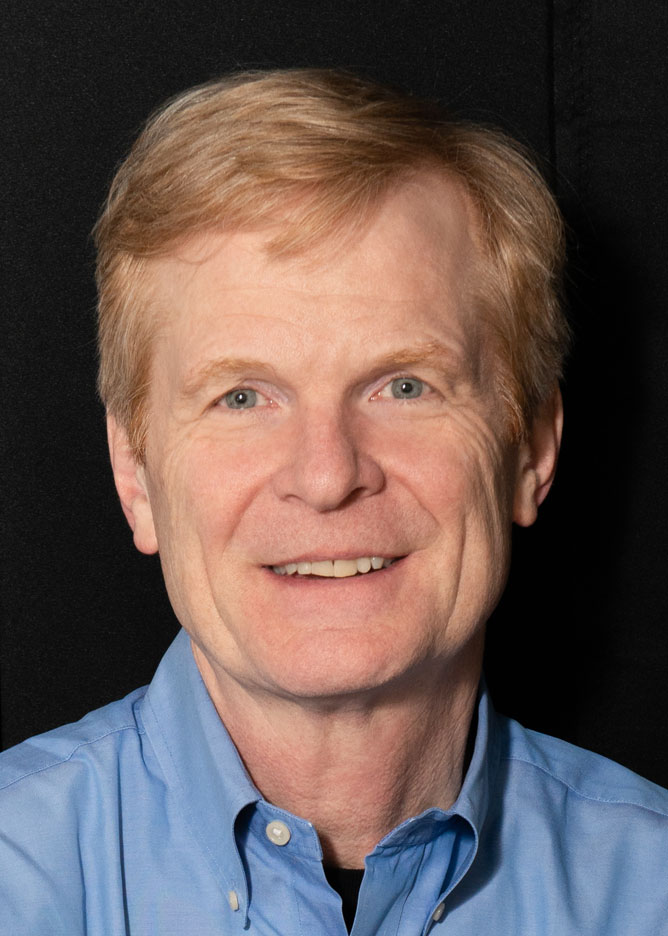Members

Christopher Walsh, MD PhD
Chief, Division of Genetics and Genomics
Bullard Professor of Pediatrics and Neurology at Harvard Medical School
Investigator, Howard Hughes Medical Institute
Director and co-PI, Allen Discovery Center for Human Brain Evolution
Associate Member, Broad Institute of MIT and Harvard
EMAIL: Christopher.walsh@childrens.harvard.edu
PUBLICATIONS: NIH
Dr. Walsh completed his PhD (in Neurobiology, with Ray Guillery, 1983) and MD (1985) at The University of Chicago, before coming to Boston for medical internship, neurology residency and chief residency at Massachusetts General Hospital. During and after residency he pursued postdoctoral training in the Department of Genetics at Harvard Medical School with Professor Constance Cepko. In 1993 he became Assistant Professor of Neurology at Beth Israel Deaconess Medical Center and Harvard Medical School, becoming the Bullard Professor in 1999. He moved to Boston Children’s Hospital in 2006, becoming Chief of Genetics, now the Division of Genetics and Genomics. He has been an HHMI Investigator since 2002, and was director of the Harvard-MIT combined MD-PhD training program from 2003-2007.
Dr. Walsh’s research has focused on the development and function of the human cerebral cortex, and the analysis of genetic conditions that affect the developing brain, resulting in epilepsy, intellectual disability, autism spectrum disorders, and other conditions. His lab has identified dozens of neurological disease genes through world-wide collaborations. He has described how a few disease genes essential for constructing the human brain were also important targets of the evolutionary processes that shaped the human brain, resulting in the founding of the Allen Discovery Center for Human Brain Evolution in 2017, with Professors David Reich and Michael Greenberg at Harvard Medical School. Recent work has pioneered methods to sequence the genomes of single neurons from human brain, and has revealed clonal somatic mutations—present in some cells but not all cells- -as important causes of human focal epilepsy, autism, and schizophrenia. This work has also shown that any given neuron in human brain has hundreds to thousands of mutations relative to the neuron next to it, increasing with age–despite the fact that neurons do not undergo cell division—and accumulating faster in age-related diseases associated with degeneration and dementia. These somatic mutations create a mosaic human brain with remarkable genomic diversity. He is an elected member of the National Academy of Medicine, the American Academy of Arts and Sciences, and the National Academy of Sciences. He received the UNC-Perl Neuroscience Award in 2018, and shared the Gruber Neuroscience Prize in 2021, and the Kavli Neuroscience Prize in 2022.
